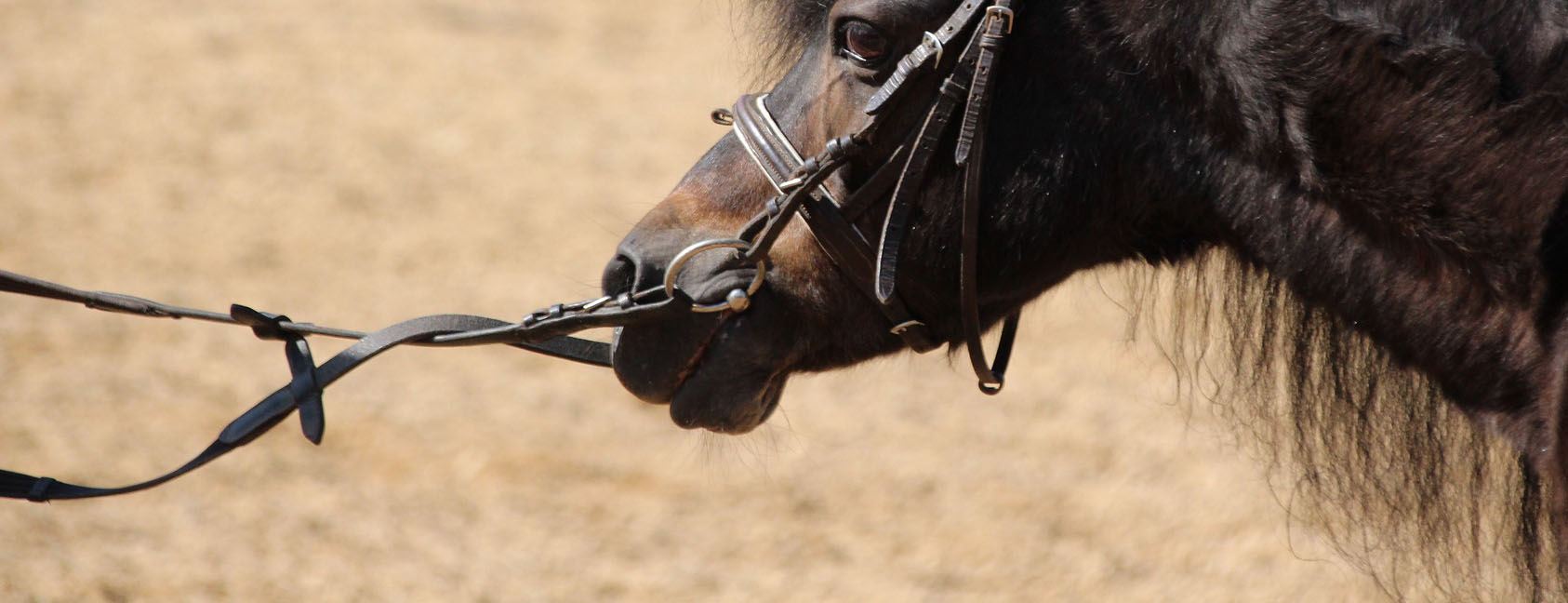Sign up for the daily CJR newsletter.
The world is too serious, and everyone needs a little fun. So, let’s horse around a little and talk about a term that frequently get misspelled.
We wrote a few years ago about the difference between “rain,” “reign,” and “rein.” The first is precipitation, the second is royalty or lording it over something, and the third is controlling, the way a horse’s “reins” tell it what to do.
The headline on that piece was “Whoa, Nelly,” which brings us to the spelling of a word that’s more of a sound: “Whoa.” Except that it’s often misspelled as “woah.”
“Whoa” (or “woah”) means “stop,” but it’s become a casual conversation-stopper roughly translating to “holy crap.”
ICYMI: “My heart sank. I wrapped up my work and headed home”
Finding the misspelling in social media is as easy as a quarter-horse cutting a calf out of a herd. Social media is, after all, a more casual communications method, and need not hew to the formalities of “proper” spelling or grammar. Trying to correct that small misunderstanding in casual written communications (from people who might not know better) is fruitless.
But “woah” sneaks in to more formal writing as well. A high schooler appearing in a play is quoted as saying “There are moments in the play where there is a significant pause, and then you think, ‘Woah, that just happened!’” A high school wrestler said “‘I just walked in, sat down against the wall and it was like, ‘Woah, I’m up here as a ninth-grader.’” A man struck by lightning on a golf course said: “You don’t think something like that is ever going to happen until it happens to you and then it’s like, woah. That was a bad choice.” The misspelling almost always occurs in a quotation rather than in narrative writing.
The wonderful broadcast A Way With Words discussed this a few years ago in response to a question from a journalist who said her colleagues spelled it both “whoa” and “woah” in casual email conversations, though she said “they really prized proper spelling and pronunciation.” The misspelling rarely got in to the publication itself, she said, crediting their copy editors. (Remember those?)
Books, though, have been subject to the error. This Google n-gram of the appearance of all three spellings in books between 1960 and 2008 shows how the popularity of the expression has grown, the mistaken spellings with it.
AWWW noted that the “woah” spelling is more common among the British than here. Indeed, the misspelling appears in Nexis more frequently for publications in Canada, Britain, Australia, and New Zealand than in US-based publications. Even so, it is just as incorrect.
“Woah” shows no sign of being reined in. And an Instagram personality named Woah Vicky gave the misspelling even more exposure when she was arrested after a melee at a North Carolina mall.
Because “whoa” is an interjection—an abrupt, emotive word—based on a sound, it’s not surprising that its spelling is subject to local interpretation. People with different accents will pronounce it differently, and putting different emphasis on it can also affect how it looks spelled out. Stretch out the sound, and “wooooooooah” might look better to someone not familiar with standardized spelling.
It may sound logical that “whoa” was shortened to “ho,” as in “wagons, ho!” Shouted over the lowing of steers, the neighing of horses, and the rumbling of wagon wheels, the sound can be muffled or truncated. But it’s the other way around. Besides, that “ho” means “go,” not “stop.”
The earliest spelling of the sound in English is “ho,” and traces to about 1374, the Oxford English Dictionary says. It’s also been spelled “whoo,” “who,” whoe, “whoh,” “wogh,” “woa,” etc. The “whoa” spelling first showed up around 1467, the OED says, though the verb form wasn’t recorded until about 1840.
And we don’t think we need a reminder that the spelling of the equine head harness and path is “bridle.” (The wedding form is “bridal.”) We would “bridle” at the suggestion that writers can’t tell the difference. If they can’t, “whoa” unto them.
Related: The heated debate around chilies
Has America ever needed a media defender more than now? Help us by joining CJR today.







